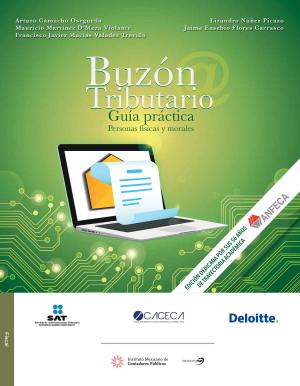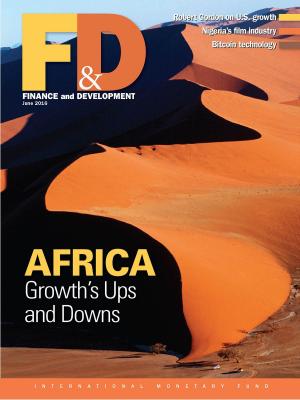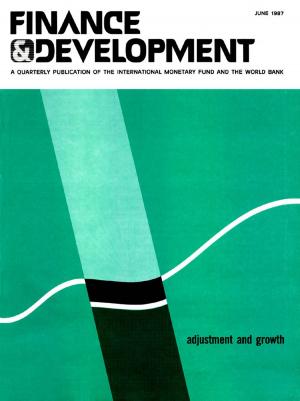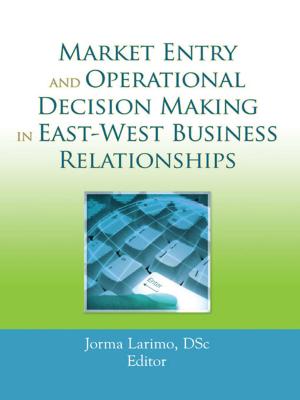Taxing Multinational Business in Lower-Income Countries: Economics, Politics and Social Responsibility
Nonfiction, Reference & Language, Law, Taxation, Business & Finance, Accounting, Finance & Investing| Author: | Michael C. Durst | ISBN: | 9781781185100 |
| Publisher: | Institute of Development Studies | Publication: | February 28, 2019 |
| Imprint: | Language: | English |
| Author: | Michael C. Durst |
| ISBN: | 9781781185100 |
| Publisher: | Institute of Development Studies |
| Publication: | February 28, 2019 |
| Imprint: | |
| Language: | English |
The world's lower-income countries face an urgent need for public revenue to build social and economic infrastructure. These countries, however, face a dilemma in seeking to tax the income of multinational companies operating within their borders. On the one hand, because lower-income countries face substantial limitations on their ability to raise revenue from broad-based taxes like personal income tax and value added tax, corporate taxes represent a large potential source of additional revenue. On the other hand, governments of lower-income countries often perceive international competition for investment as limiting their ability to levy taxes on multinationals.
This book seeks to explore this dilemma and to recommend policy measures that might enable lower-income countries to increase revenue from corporate tax in a world that is likely to remain characterised by tax competition. The book seeks to shed light on the complicated historical, economic and political roots of today's global corporate tax system – roots that have produced tax laws that all countries, but especially developing countries with resourceconstrained tax administrations, have difficulty administering effectively. The book concludes by offering: (i) specific policy initiatives for governments to consider, and (ii) observations concerning the social responsibility faced by multinational companies, the governments of countries at all levels of economic development, and international organisations like the OECD and United Nations, in addressing the pressing revenue needs of lower-income countries.
About the author: Michael C. Durst is a long-time tax practitioner, an author on international taxation and developing countries, a former government official and law professor, and a senior fellow at the ICTD. He is based in the USA.
The world's lower-income countries face an urgent need for public revenue to build social and economic infrastructure. These countries, however, face a dilemma in seeking to tax the income of multinational companies operating within their borders. On the one hand, because lower-income countries face substantial limitations on their ability to raise revenue from broad-based taxes like personal income tax and value added tax, corporate taxes represent a large potential source of additional revenue. On the other hand, governments of lower-income countries often perceive international competition for investment as limiting their ability to levy taxes on multinationals.
This book seeks to explore this dilemma and to recommend policy measures that might enable lower-income countries to increase revenue from corporate tax in a world that is likely to remain characterised by tax competition. The book seeks to shed light on the complicated historical, economic and political roots of today's global corporate tax system – roots that have produced tax laws that all countries, but especially developing countries with resourceconstrained tax administrations, have difficulty administering effectively. The book concludes by offering: (i) specific policy initiatives for governments to consider, and (ii) observations concerning the social responsibility faced by multinational companies, the governments of countries at all levels of economic development, and international organisations like the OECD and United Nations, in addressing the pressing revenue needs of lower-income countries.
About the author: Michael C. Durst is a long-time tax practitioner, an author on international taxation and developing countries, a former government official and law professor, and a senior fellow at the ICTD. He is based in the USA.















